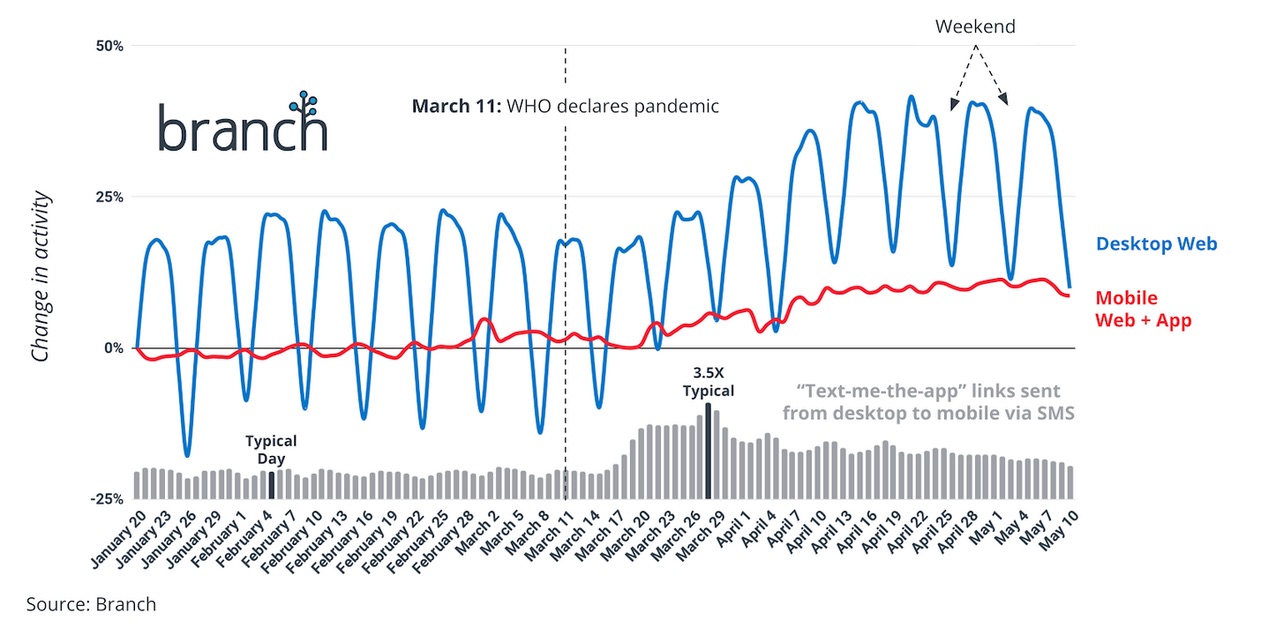Canva, the design platform for non-designers, has recently inked a partnership with FedEx Office to help businesses reopen amid the coronavirus pandemic with a design-to-print integration.
Canva declined to disclose the financial terms of the partnership.
With the new partnership, Canva and FedEx customers alike will be able to use Canva’s extensive libraries of templates, images and illustrations to design print materials for their businesses, like disposable restaurant menus, new hours of operation, information around new safety policies in the wake of the pandemic and more.
These customers can send their designs directly to FedEx for printing and pick up from over 2,000 FedEx Office locations across the U.S.
Canva’s target demographic is not hardcore, professional designers but rather non-designers, with a mission of democratizing design across professional organizations and more broadly to amateur designers.
As of October 2019, the Australia-based company was valued at $3.2 billion. At the time, Canva introduced enterprise collaboration software that allows sales teams, HR teams and other non-design teams to build out their own decks and materials with a simple drag-and-drop interface.
Since, Canva has complemented its design product with video editing software, as well.
The partnership with FedEx Office marks a big push into the U.S. market, with increased brand awareness and distribution via the established print and shipping giant.
Pricing around FedEx Office printing of Canva designs remains the same as FedEx’s usual pricing structure, but through August 31 FedEx is offering a 25% discount on orders of more than $50.
Source: Tech Crunch Startups | Canva design platform partners with FedEx Office as it pushes further into the US
